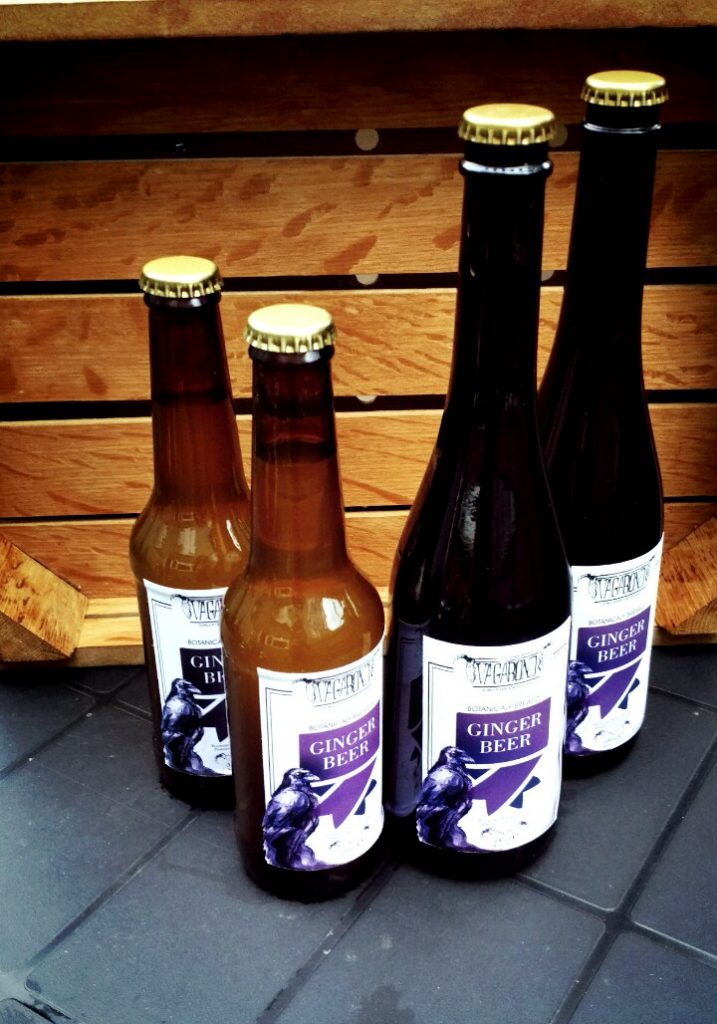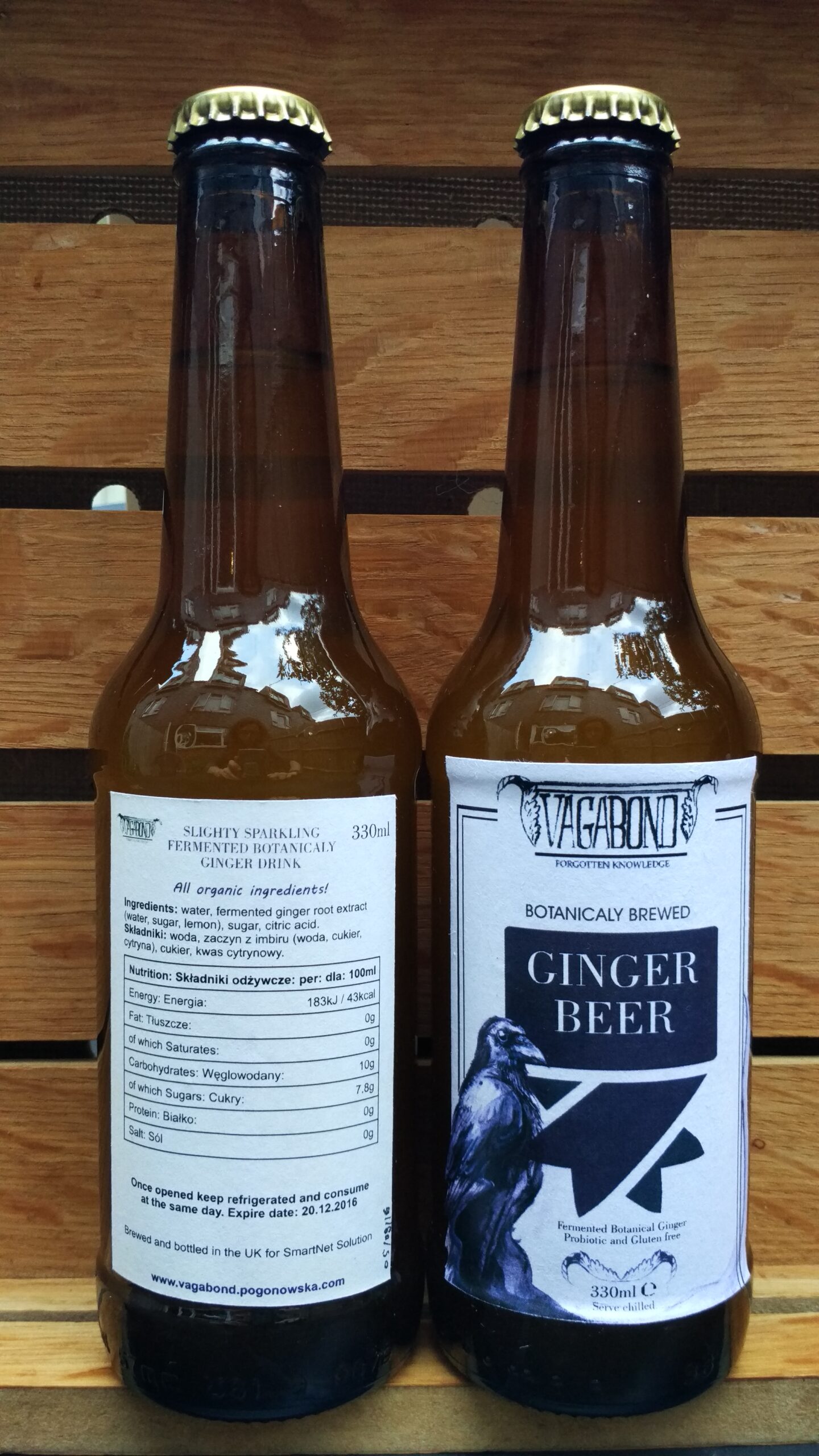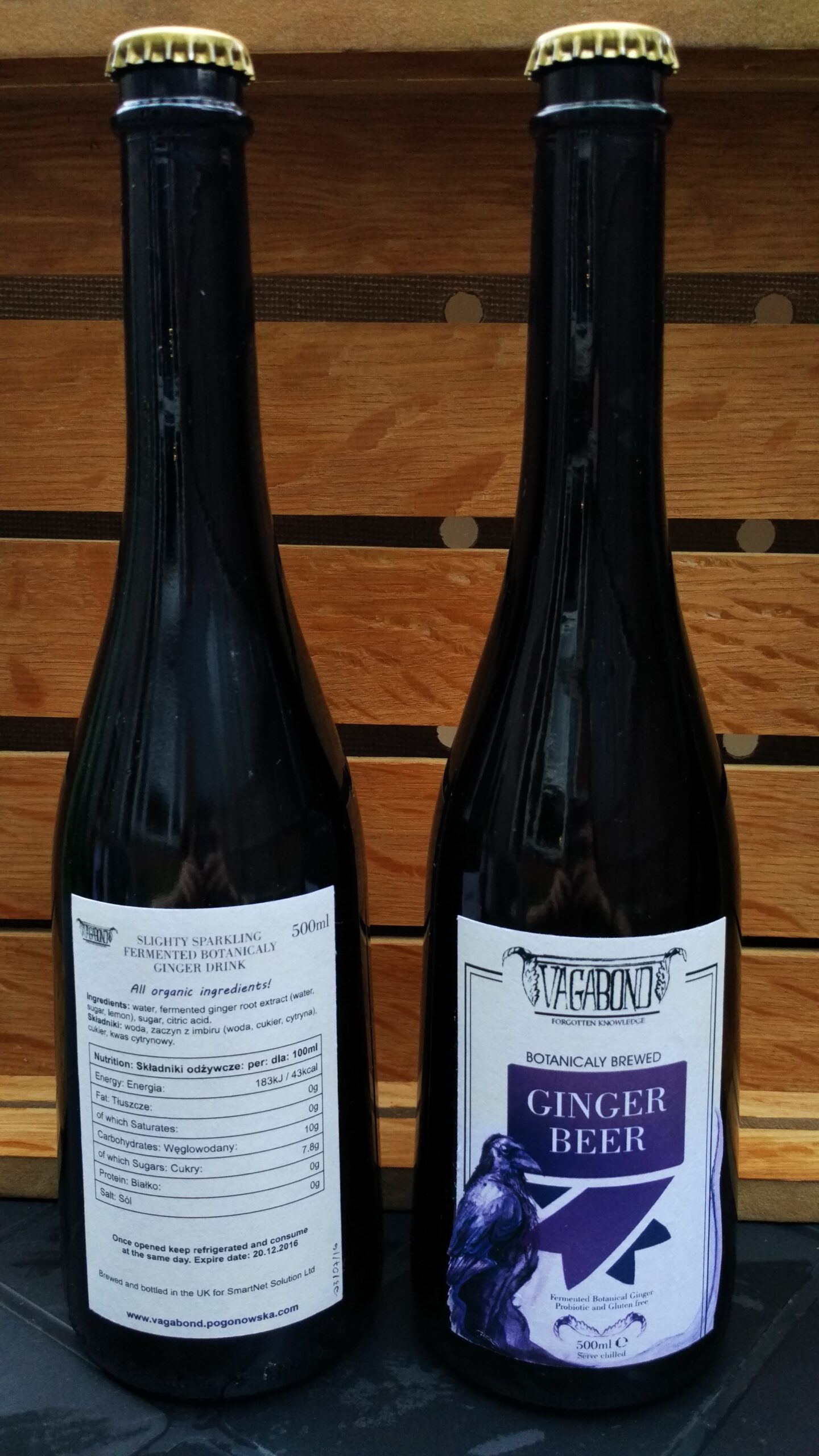Home made Light Ginger Beer
probiotic and organic
The primary ingredient in Ginger beer – ginger root – contains:
*active compounds that can help relieve nausea and possibly fight inflammation and prevent the growth of cancer.
Fresh Ginger gives you:
* It is rich in essential minerals and vitamins and is known for its anti-inflammatory and pain relief (analgesic) properties:
It contains potassium and manganese, which makes it so good for the heart and disease prevention. Vitamins A, C, E and the B complex are all found in this great spice.
*Ginger relieves nausea by improving digestion and helping food move through your stomach.
*If you’re pregnant and have morning sickness, nonalcoholic ginger beer may provide some relief from nausea. More importantly, the review reported that ginger is safe and doesn’t cause side effects.
A few brands of ginger beer report the actual amount of real ginger in a serving, but for other brands, you won’t know how much real ginger is in the beverage. To maximize benefits we used plenty of fresh ginger.
More info and sources:
A study published in the July 2012 issue of Supportive Care in Cancer found that ginger reduced nausea in adult cancer patients. However, a review of seven studies noted mixed results, with only some cancer patients experiencing nausea relief, according to Nutrition Reviews in April 2013.
Ginger has a long history of use as an anti-inflammatory agent, but for years, studies produced contradictory results, according to a review in Herbal Medicine: Biomolecular and Clinical Aspects. That work was published in 2011, and by the end of 2012, researchers had more progress to report.
Cells obtained from people with rheumatoid arthritis and osteoarthritis were cultured in the lab. Some were treated with ginger extract and others with a steroid anti-inflammatory medication. The ginger was equally effective as the medication at fighting inflammation, noted the results published in Arthritis in December 2012.
Cancer Prevention
Even though more studies are needed before experts will know whether ginger effectively and safely prevents cancer, it shows some promise. For example, a 2008 report in Molecular Nutrition and Food Research found that ginger inhibited the growth of human cancer cells in the laboratory.
In a pilot study, researchers divided people at risk for colorectal cancer into two groups. One group took ginger every day for 28 days, while the other group took a placebo. In the ginger group, but not the placebo group, biological markers for cancer risk went down, according to Cancer Prevention Research in April 2013.





Reviews
There are no reviews yet.